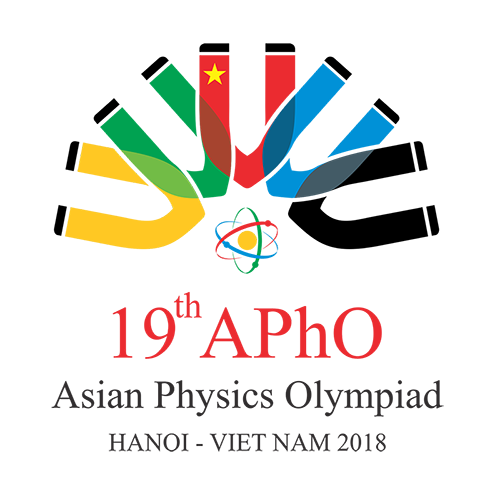Watch all new episodes of The Food That Built America, Sundays at 9/8c, and stay up to date on all of your favorite The HISTORY Channel shows at
The Romans weren’t the first to feast on bread and cheese – but it was a major staple of their diet! In this episode, Sohla bakes Panis Quadratus, a type of bread that was discovered fossilized in the ruins of Pompeii, along with a cheese made from fresh goat’s milk.
Roman food archaeologist Farrell Monaco has done extensive research on ancient Roman breads. She proposed that a wooden wheel-like tool may have been used to make Panis Quadratus loaves in Roman bakeries. Learn more about bread in ancient Rome here!
Recipe for Panis Quadratus and Goat’s Milk Cheese:
For the Bread (Panis Quadratus):
Ingredients:
600g biga acida (sourdough starter)
4 tsp salt
500ml water
1000g spelt flour
1. Pour the spelt flour onto the work surface slowly creating a sort of pyramid. Using your hand, create a crater shape in the middle of the flour in order to create the well.
2. Dissolve the salt in the water.
3. Mix the sourdough starter into the flour mixture bit-by-bit by pouring it into the well. Roughly mix in the sourdough starter.
4. Pour the water into the crater slowly bit-by-bit mixing it gently with your hands as you go. Add & mix until all of the water is gone and the flour is fully incorporated.
5. Shape into a rough ball. Knead the dough gently folding it back on itself so it can take in some air. Knead until you can make it into a smooth ball.
6. Slightly flatten the dough into a circle. Place it on an oiled baking tray or other surface. Cover it & let it rest at room temperature for 1 1/2-2 hours.
7. Preheat the oven to 400 degrees.
8. Gently press a dowel rod into the bread to create the unique Panis Quadratus shape.
9. Bake for 30-45 minutes.
10. Let it cool & then eat!
For the cheese:
Ingredients:
1 gallon of whole goat’s milk
Salt
Water
1 tsp rennet (1 tablet)
1. In a large pot, bring the milk to a boil on high. Stir the milk the entire time to ensure it doesn’t burn or clump.
2. When it gets to a boil (about 10 minutes), turn off the stove.
3. Let the milk stand for about 15 minutes.
4. Crush up the rennet tablet & dissolve it in a little bit of water. Pour it into the milk mixture & stir.
5. Let the milk mixture stand for 30 minutes as the curds start to separate from the whey.
6. Cover a colander with 2 layers of cheese-cloth so there is enough room to eventually pull the cheese-cloth over the curds.
7. Cut the curds & whey mixture into 1″x1″ cubes. Ladle a few scoops of the mixture into the colander. Pour the rest in. Let it stand for about an hour.
8. Add a little bit of salt to cheese to season.
9. Gather the edges of the cheese-cloth & wrap it over the top of the curds. Twist it tightly. Place a clean, heavy object on top of the cloth enclosed cheese. Let it stand for another hour.
10. Enjoy!
Subscribe for more Ancient Recipes with Sohla and other great The HISTORY Channel shows:
Ancient Recipes with Sohla takes the food you know and love and traces it back to its origins. In each episode, Sohla El-Waylly details the surprising history of some of our favorite dishes as she attempts to recreate the original version using historical cooking techniques and ingredients. Along the way, Sohla highlights the differences between the ancient recipe and how we would prepare the modern version today.
Learn more about The HISTORY Channel and watch full episodes on our site:
Check out exclusive The HISTORY Channel content:
History Newsletter –
Website –
. –
. –
The HISTORY® Channel is the leading destination for award-winning original series and specials that connect viewers with history in an informative, immersive, and entertaining manner across all platforms. The network’s all-original programming slate features a roster of hit series, premium documentaries, and scripted event programming.

